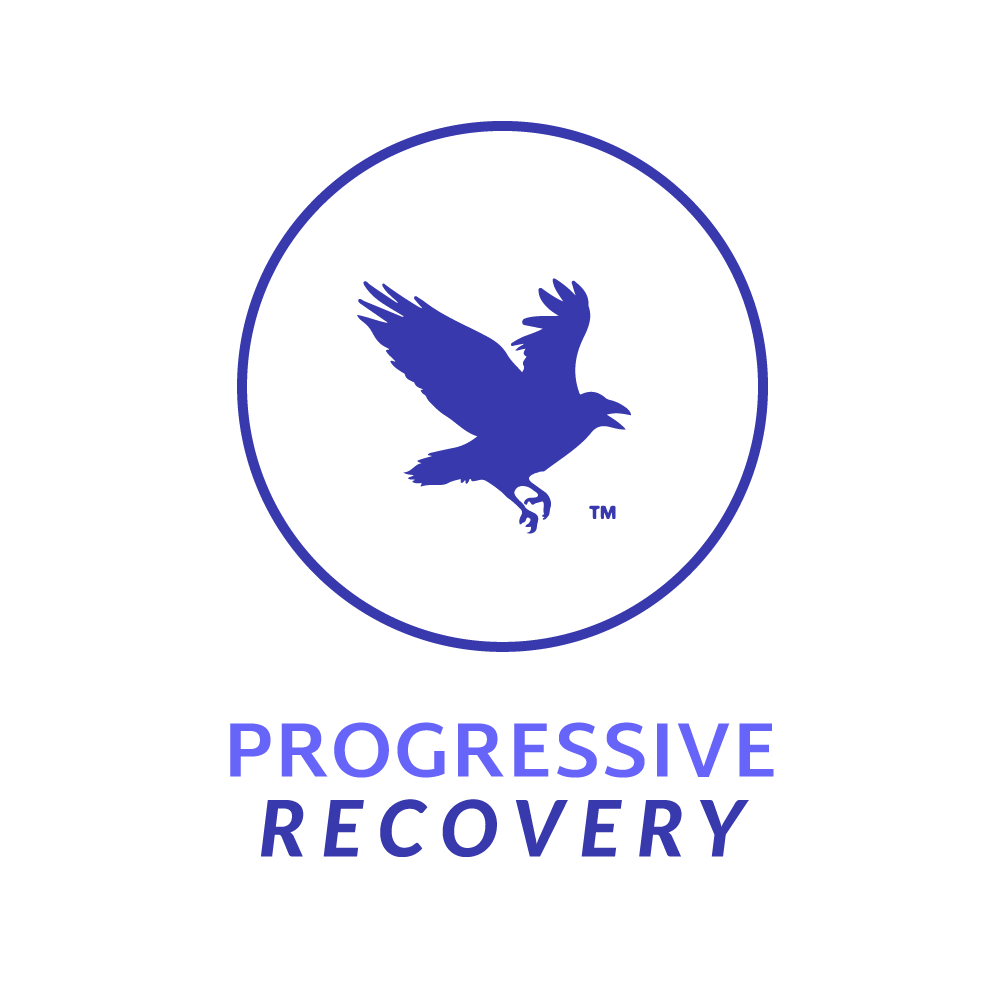The Concept of Radical Self-Acceptance
In the first of this two-part series, Carmel discussed how Radical Self-Acceptance affects addiction recovery, and why it's an important component of lasting sobriety. For the second part, she breaks down what this looks like in practice, and some of the revelations that led to her understanding of Radical Self-Acceptance.
The concept of Radical Self-Acceptance grew from the ending of my marriage and the following realizations:
· No one can reject me because there is nothing rejectionable about me! People may change their mind or preferences regarding being in relationship with me but that has nothing to do with me. All perceived rejection by others is in essence self-rejection. The thought “So and so rejected me” sets into motion self-criticism and a weird responsibility by assuming personal fault in someone else’s choice. Any thoughts or interpretations of rejection are in essence “truth pointers” to where I have yet to completely love and accept aspects of myself. It’s always my job to embrace myself and remind me of my “enoughness” and where I still would strive to develop myself.
· I interpreted my father’s absence throughout my childhood as evidence of my lack of value and took on the story that I had been abandoned by him. As a child I believed that everything my parents did or did not do must be a reflection of my worth and lovable-ness. Upon investigation as an adult I found that somewhere inside myself, at some point in my development, I believed I was unacceptable as I was and it must be because something was inherently wrong with me. I mistakenly based my acceptable-ness on some flawed perception of my father’s own inability to show up for himself. When I found sobriety and the work of accepting myself as an alcoholic became necessary, it opened the door to the blossoming gift of total self-acceptance. I realized that the thing I wanted from my dad, acceptance and feelings of love and being valued, was my work to do. “It’s an inside job. 100% of the time.”
· Radical self-acceptance means being thankful for myself, mistakes, misunderstanding, unawareness’s, ignorance, and all. It’s the epitome of compassion in action. It sums up the AA expression, “you cannot give away something you do not have.” I also think that we cannot have something we do not give ourselves.
· After I had been sober awhile I had a realization about a song that my mother used to play when I was little. She used to play this one song in particular over and over again because she was trying to send us kids a message, and perhaps herself a message as well. The song was “The Greatest Love of All” and the lyrics essentially talk about self-love. What I realized as an adult was that she could not transmit something she did not have no matter how many times she played that song. So when my daughter was born I recognized the significance in modeling genuine self-love, radical and total self-acceptance, and the humor and beauty of being human. It is of course an ongoing practice that is not designed to be completed with a graduation at some finish line. It is a moment by moment choice and privilege of being alive, in the particular form we are in, doing what we are doing, learning what needs to be learned, and hopefully making peace with all that is in the process.
Is how you see yourself and your relationships with others accurate? Radical Self-Acceptance is loving yourself the way your pet does: with an open heart and unconditionally.
· I love the paradox that is ever present. My experience of self-loathing is that it desperately led me to invite love in from the deepest most wounded part of my being. Without that depth of self-rejection I may not have so willingly opened my heart and arms to myself. My story of my own not-enough-ness fueled my longing for truth in who I am as an expression of the One. The paradox in taking turns at playing various roles. I get to experience being the one left in a relationship and eventually, in some form or another, I will be the one who must do the leaving. I was a kid who angrily said a number of times, “When I have kids I’m going to be the best parent and let them do what they want!” Then I became the parent who now knows what it’s like to say no and feel the sting of my kid being furious with me and understanding my own parents in a new light. As my daughter reached adolescence I took the opportunity to fall in love with my own confused, mistake-making, angst ridden, rebel without a clue, fearful, wild younger self and I loved her fiercely and shared that love with my own teenager who was in a milder upheaval. When I opened my heart to myself at that age and accepted the me who made so many embarrassing and painfully demoralizing mistakes, my daughter could approach me without fear of judgment or disapproval. The most beautiful result of doing my own work of radical self-loving-acceptance of myself is that it becomes the preferred way of being in the world as I move about and do my work.
Do you have an experience with Radical Self-Acceptance? If so, we'd like to hear from you.


